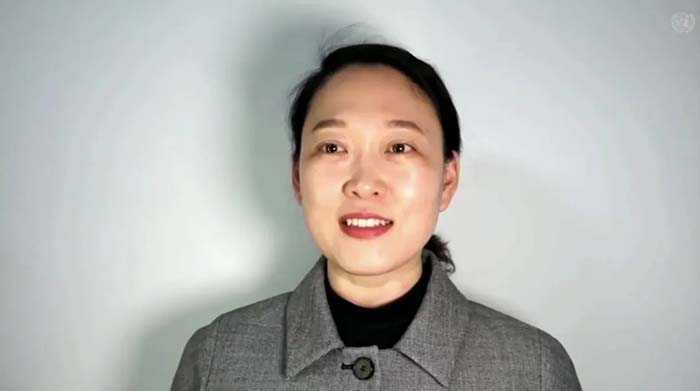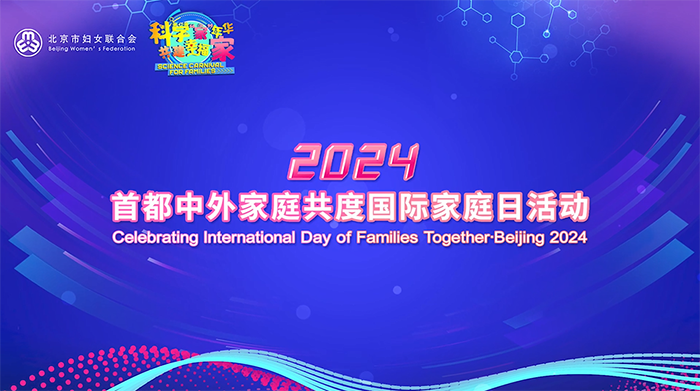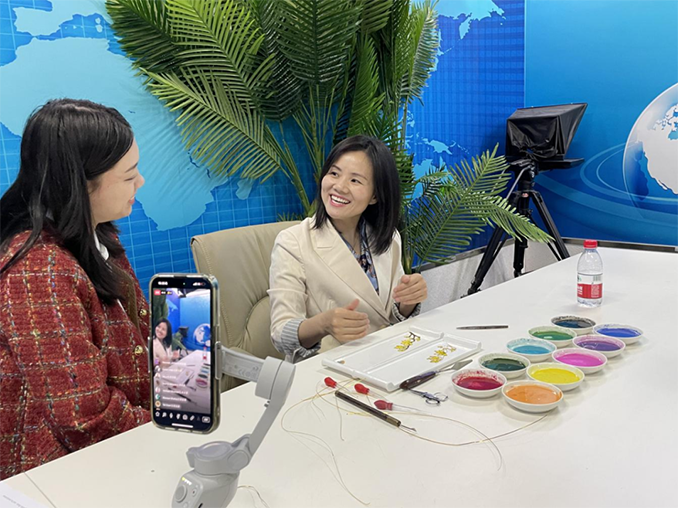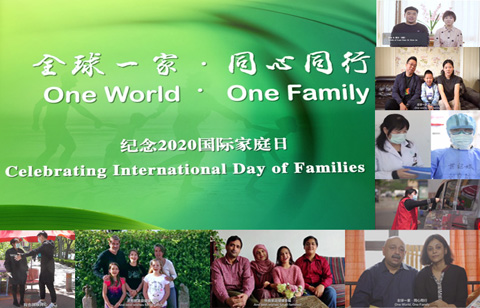New Bud Project Launches: Psychology Experts Helps Parents Navigate Parent-Child Relationship Challenges
Date:2024-12-11 10:41:21 Views:Recently, the New Bud Project’s Family, Parenting, and Family Values Forum hosted a lecture titled Challenges in Parenting Education and Coping Strategies: A Psychological Perspective at the Beijing Library.
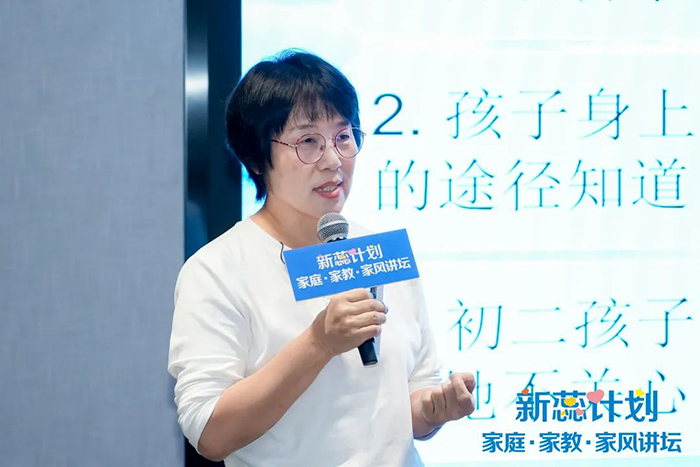
Liu Dan, former Deputy Director of the Center for Psychological Development at Tsinghua University and a PhD in clinical psychology from Peking University, was invited to share expert insights on common parent-child relationship challenges and provide effective, evidence-based solutions.
At the event, Liu Dan first addressed a common concern: why children are often reluctant to communicate with their parents.
She highlighted three key reasons: a natural desire for independence, which leads to reduced communication with parents and increased peer engagement; overparenting, which entails excessive parental involvement; and negative parental emotions, which can create barriers to communication.
Liu advised parents to strike a balance in the frequency and focus of their interactions, regulate their emotions, and encourage their children to engage with peers. These strategies, she explained, can significantly improve parent-child communication.
The discussion also covered topics such as whether children with emotional difficulties should see a psychologist, how to address signs of romantic relationships in high school, and how to manage children’s smartphone use.
Liu pointed out that these parental concerns often arise from a lack of understanding of developmental psychology, social trends, and mental health.
She explained that by gaining knowledge in these areas, parents can recognize many behaviors as part of normal psychological development. This, in turn, can help ease parental anxiety and shift their focus toward supporting their children’s mental well-being and growth.
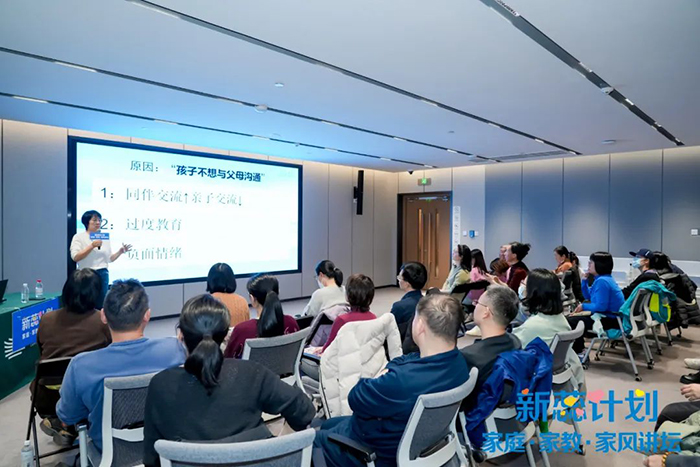
Liu also acknowledged the frustration parents feel when their disciplinary efforts fail, especially when children procrastinate on homework or struggle to stay focused.
She explained that procrastination is often a coping mechanism for stress and advised parents to help their children manage pressure while allowing them space to learn from mistakes.
She further noted that many children lose interest in studying due to a lack of positive reinforcement, urging parents to focus on their children’s overall development by fostering autonomy and providing consistent support.
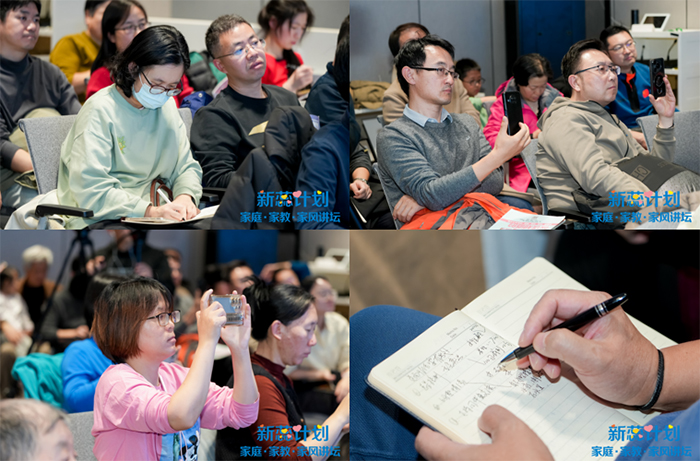
Encouraging exploration, offering positive reinforcement, and fostering intrinsic motivation are crucial to a child’s development.
Many children feel misunderstood by their parents, while parents feel distressed because they often struggle to understand their children despite their best efforts. To bridge this gap, Liu encouraged parents to embrace diverse perspectives and recognize that their children’s world is far more complex and dynamic than they may realize.
Liu stressed that as society continues to evolve, parents should grow alongside their children, exploring new approaches and learning together to navigate life more effectively.
In closing, Liu offered three pieces of advice for parents: embrace lifelong learning in this ever-changing world, maintain an open mindset to expand their children’s opportunities for growth, and nurture their children’s intrinsic motivation while providing positive reinforcement.

Liu also engaged with parents and children on-site, answering their questions.
Parents shared that the lecture helped them better understand the root causes of these challenges and provided practical strategies for effective communication and motivation to support their children’s development.
The New Bud Project’s Family, Parenting, and Family Values Forum was hosted by the BWF and the Beijing Municipal Commission of Education, organized by the Women’s Working Committee of Beijing Municipal Organs, the Beijing Family Education Society, and the Capital Library of China, and co-organized by Parenting Science.
The forum responded to the new demands of family education by bringing together experts in child psychology, education, sociology, and child health. Experts discussed key topics such as character development, parent-child relationships, grandparent-led parenting, and pressing challenges in family education, offering scientific, professional, and targeted guidance to families in the capital, thereby supporting children’s healthy development.
